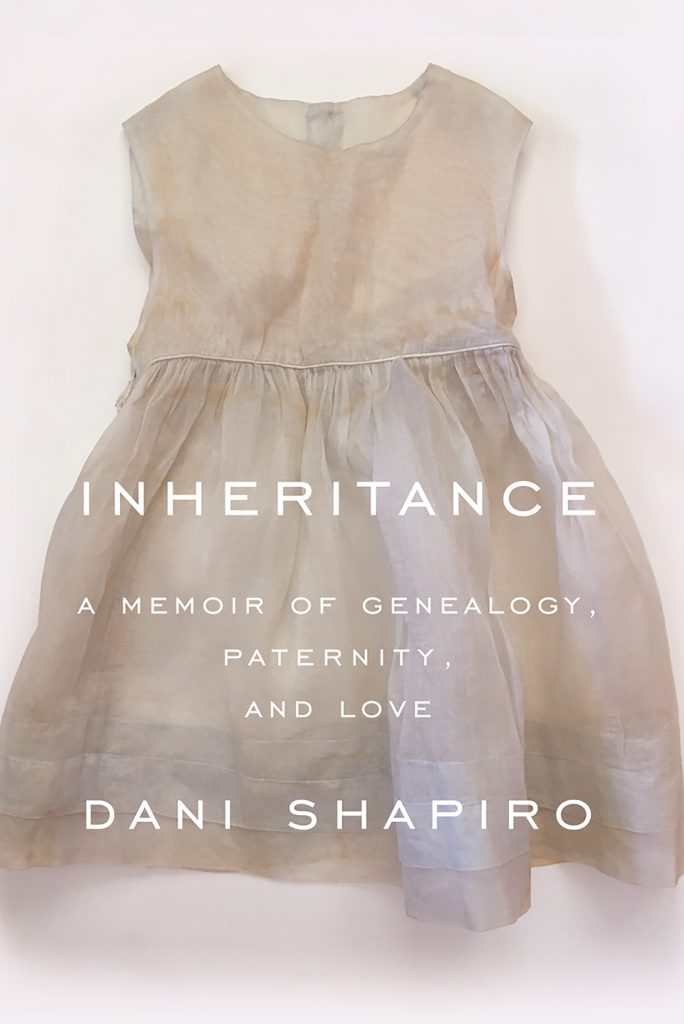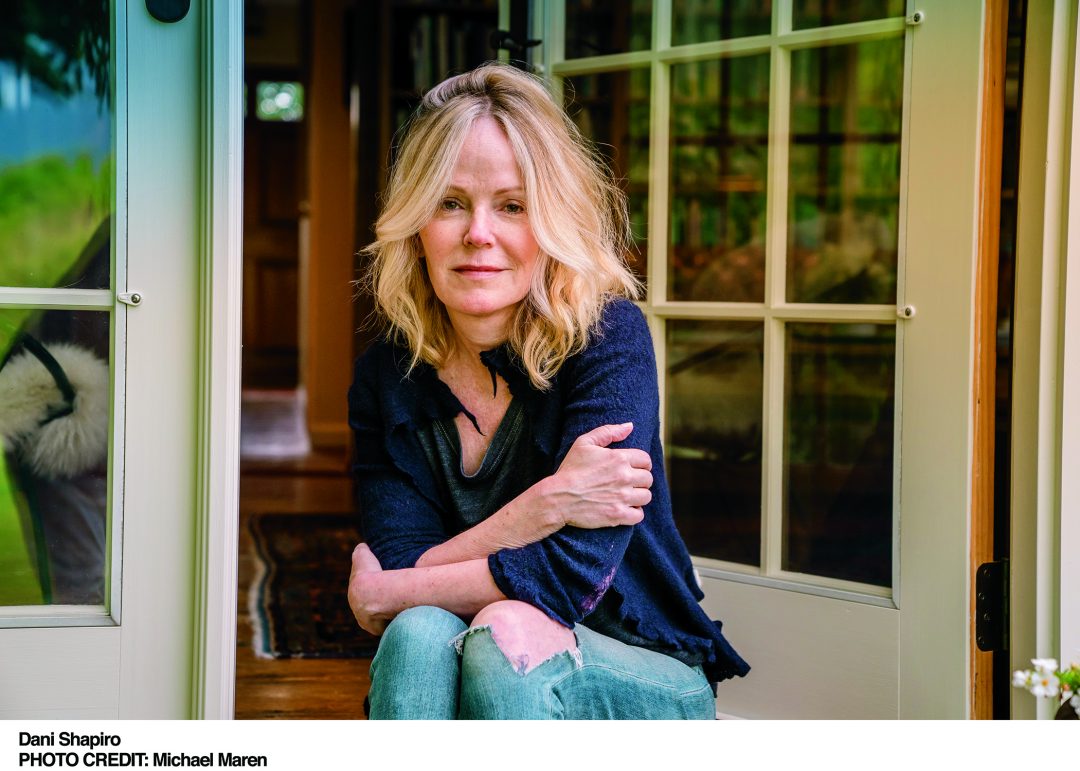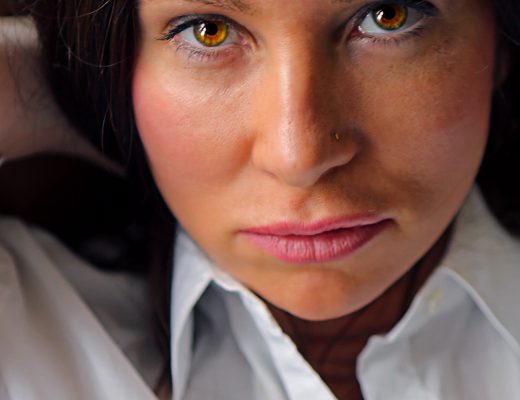
Inheritance: A Memoir of Genealogy, Paternity, and Love
Dani Shapiro
Knopf, $24.95
272 pages
In her fifth memoir, Inheritance: A Memoir of Genealogy, Paternity, and Love, Dani Shapiro is prompted by her husband’s interest in genealogy and takes a DNA test. The results delivered the shock of her life.
Shapiro discovers that Paul, the Orthodox Jewish man who raised her, to whom she felt connected on a neshama, or soul, level is not her biological father. Belonging to a prominent Jewish family played such a major part in her identity that Shapiro begins to feel conflicted. Is her father still her father? Which of her qualities were inherited through her genes and which are a result of her nurturing father, his hug she waited for each day as a child? I was fascinated by this soulful detective story as Shapiro explores the existential quandary, “Who am I?”
Shapiro is a mother to a college-age son, Jacob, and worries how the results of her DNA test will impact him, the next generation. How will he react when he learns he has a new grandfather who’s not Paul? “Does this mean maybe I won’t end up bald?” Jacob asks. I thought this response to her disclosure was surprising and comical, but as a parent myself, I related to Shapiro’s worry. My father died when my daughter was one year old, and when she asks me about him, I feel the weight of responding, the weight of holding the family narrative.
As signaled by the word “paternity,” listed second in the subtitle, the exploration of Shapiro’s profound and loving connection to Paul, who died when she was 23 years old, holds a place of prominence. Inheritance is dedicated to him, and one of the epigraphs includes the first two lines of Sylvia Plath’s poem“The Colossus,” written by Plath about her father. I imagine that many readers will find themselves searching for their own fathers—whether they’re alive or deceased, biological or soul fathers—as I did in the beautifully written passages. I was moved to tears by a scene in Chapter 25 when Shapiro visits Rabbi Lookstein. “We thought your father was a hero,” he says, and I felt the acute depth of the Rabbi’s grief and Shapiro’s loss. “Who was I without my history?” she asks, bereft.
In the final chapter of Part II, Shapiro’s 93-year-old Aunt Shirley claimed my heart as much as the character of Paul had when Shapiro goes to visit her. Shapiro’s many books are proudly displayed in Aunt Shirley’s room and Shapiro worries if her aunt will get rid of them when she tells her aunt about the DNA results. Her aunt’s response, however, validates her existence. “You’re not an accident of history, Dani,” says Shirley. “You are an agent to help my brother express the finest kind of love.” Love infuses the pages of Inheritance: for Paul; for the teachers and spiritual leaders Shapiro seeks for help; for fellow writers and their work; for her husband and son, and lastly, for herself, as she questions, “Why am I here? How shall I live?”
Like the best memoirs, Shapiro’s story evokes universal themes and questions that a reader will relate to through the lens of their own lives. In Part III, for example, Shapiro wants to believe her parents hadn’t betrayed her by not disclosing to her that she was donor-conceived. Every child, by middle age, must reckon with their parents’ actions or inactions, in order to grow. It was only when I became a mother that I realized how challenging it must have been for my own mother to raise four children with an emotionally distant father. The memoirist documents change and the space of the page gives them an opportunity to remind themselves of their arc, their struggles, and where or how to move forward.
As Shapiro winds her way to greater acceptance, a voyage as twined as a DNA helix, she offers the reader a personal understanding of Judaism and her Jewish identity. The book’s affirming final scene gives us the word hineni (“Here I am.”) It’s confirmation that her Jewish identity is intact, despite that fact that her biological dad isn’t Jewish. I enjoyed learning side by side with Shapiro, but it was my sympathy for her character that made me feel most connected to Inheritance: A Memoir of Genealogy, Paternity, and Love. Who among us hasn’t yearned for the finest kind of love?
___________________
Bio: Kristen Paulson-Nguyen is a co-founder of the nonfiction reading series Tell-All. Her writing has appeared in Headspace, BREVITY’s Nonfiction Blog, Hippocampus and the Adirondack Center for Writing’s Poem Village. Connect @kpnwriter.


